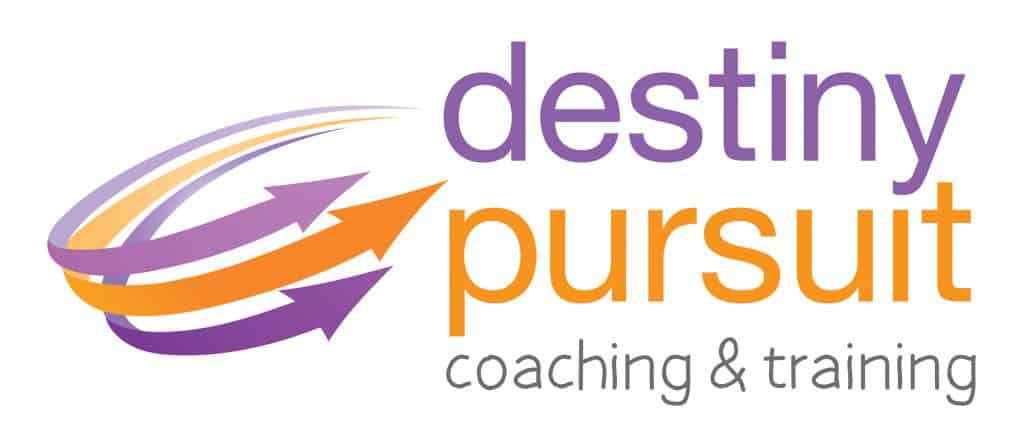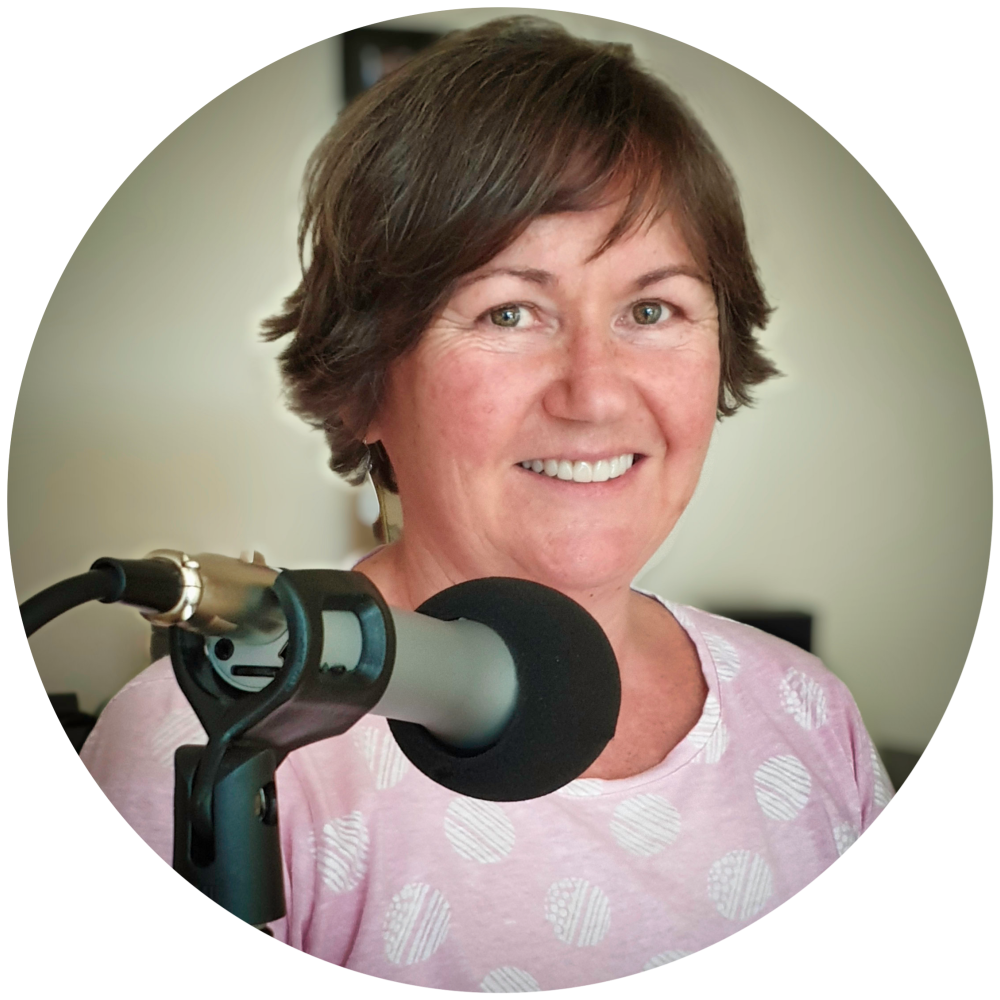Certainty and Uncertainty - NLP Matters, Episode #006

In this episode, we’ll explore in detail the first two core needs from the Six Core Needs Model by Tony Robbins. These are the need for certainty and the need for uncertainty.
You may remember from our last episode, that a critical feature of this model is that we're talking about needs. This means that they're not merely desires or nice to haves, rather they are essential needs that we must meet. The only choice we get is how we make them.
Listen to the podcast to learn more.
Listen to the Podcast
Here are some key takeaways from this episode:
- All of us need to feel that the world is safe place, and one way that we gain this feeling is by having some level of predictability.
- Having that level of predictability allows us to focus on other things and notice things that are novel or different. It creates space for us to think about other things or a space for us to be creative and innovative.
- The need for uncertainty is a need that must be met. Meeting this need gives us variety, adventure and keeps us interested and engaged.
- Our capacity to handle uncertainty has an enormous impact on the success we can achieve. Being able to adapt, change, and innovate, are important not only for survival but even more importantly if we want to thrive.
- Some people endeavour to meet their need for certainty with an external focus. They believe that in order to meet this need, they have to have control. They want to know exactly what is happening and when. They want to always be prepared.
- Some other people meet the need for certainty internally. They develop flexibility and have certainty that they can adapt. Their certainty comes from their own capacity, skills and self trust.
- Our need for uncertainty or variety is where we get the spice of life. If you have a high need for uncertainty, then you'll seek out new and different experiences.
- A high need for uncertainty can mean you're dabbling things rather than committing and mastering them. You try this and that rather than focusing on building your skills.
- The challenge around the six core needs is finding resourceful strategies and behaviors that will meet our core needs.
- Many of our behaviors are based on which of our needs are not being met.
- The more uncertainty a person has, the less cognitive space or thinking space is available for problem solving, creative ideas or initiative.
- People with a low tolerance for uncertainty will often retreat and close down, becoming ineffective. When there's a need to respond and adapt to change, they may even become a control freak in an effort to minimize their feeling of uncertainty.
- It is in confronting the uncertainty in our lives that we then build our self trust, flexibility, resourcefulness, and ultimately meet our need for certainty.
- All dysfunctional behaviors arise from the inability to consistently meet the six human needs, especially the two basic ones, certainty and uncertainty.
- By better understanding which of the basic human needs is the driving force behind human behavior, you can choose to make changes in your own life. Understanding these needs and which ones you are trying to be meet in any given moment can help you choose to create new patterns that lead to lasting fulfillment.
In our next episode, we'll focus on the next two core needs, the core needs of significance and love or connection.
Listen to the Podcast
Joanne Clark
Joanne Clark is an Internationally accredited Master Trainer of NLP who has been delivering NLP training since 2011. Being on her feet in front of training rooms is where Jo loves to be and her passion for inclusive and immersive training that delivers outstanding learning outcomes is apparent to everyone in her training rooms. On average Jo delivers 140 days of training per year in addition to online webinars, guest speaker events and group coaching.
“NLP is at the core of all my training and coaching, it is at the core of who I am, how I interact and connect with people. I am absolutely passionate about spreading the NLP tools across the planet as I endeavour to support Robert Dilts’s vision of Creating a world to which people want to belong.” Joanne Clark
Certified Master Trainer of NLP; Master Practitioner NLP, Hypnotherapy & Matrix Therapies; Performance Coach; Cert IV Coaching; Advanced Practitioner in Coaching; Cert IV in Business; BA(Hons); Majors in Sociology and Psychology; Parent Education Leadership Training (PELT) Certificate; Mother of four children; Private Pilot (PPL); Diploma in Life Coaching


0 comments
Leave a comment
Please log in or register to post a comment